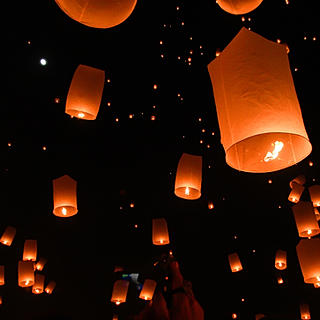Location, Location, Location
- ruthtwest
- Aug 31, 2017
- 3 min read
The phrase, “location, location, location” was drilled into me during my stint in the business world (and of course, in graduate school for business). Prime real estate – whether it’s the physical location of a retail business, church or restaurant; the placement of billboards, paper advertising or pop-ups; where you vacation or where you live – determines successful outcomes for prosperity and growth potential.
Our personal/social locations (context) only seem to get a lot of attention when something negatively impactful happens in the civic community and then usually only looked at as a barometer of comparison rather than a mirror. We are taught to look at our differences and to reassure ourselves that we are ok (the unfortunate misunderstanding of “there but for the grace of God go I”). And because of the American legacy of whiteness, there is a sense of “prime real estate” when it comes to personal context.
I was standing in the aisle of a grocery store in the relatively monochromatic area where I live, glancing at the items stacked neatly on the shelves, when a woman walks over and stands DIRECTLY in front of me and looks right where I was looking. I couldn’t believe I was invisible so I questioned her. She looked at me and said, “It is not reasonable for you to think that someone should be aware of where you’re standing.” Really? But that’s the problem, isn’t it? So much of the challenge we’re facing as a more and more blended (whatever you need that to mean) country is that there are those of us who are tired of being invisible – tired of decisions being made that adversely affect us and there are those of us who feel entitled enough that we don’t need to consider where someone else is standing.
I was reminded of a class where we were studying Leviticus 27. The professor asked if there were any items of intrigue that any of us would like to share. I was not great about sharing stuff out loud in class but risked anyway. (And BTW I am not trying to have a secret conversation here about the Bible.) I said I noticed that the “value” of an old man was less than that of a child, while the “value” of an old woman equaled that of a child. Then the old man professor said, “Ruth, you would notice something like that.” Now, I don’t know what he meant. But based on previous “encounters” I’d had with him not actually knowing how to respond to me, I would guess that he thought my noticing was a jab at him. Which, of course, it wasn’t.
But it was a noticing from the lens of my own social location as a woman of color in 21st century America. It was the contemplative pondering of a woman whose great-grandmother was born a slave; whose grandmother was born into a system that considered her 3/5 a person until well after she was grown. My noticing was from the experiences of my life where I knew that old men had it easier than old women – where old men could retire and old women worked (in some form or other) until they died. I wonder if that professor could have recognized where I was standing, or at the least that I wasn’t standing in the same place he was, what the resulting dialogue might have been. Could there have been a meaningful and informative discussion then in the classroom about privilege, patriarchy and race in this country?
My hope continues to be that we all take the time to be introspective enough to begin to understand how we value our own selves and sometimes even at the peril of another. Then we might be brave enough or convicted enough to examine how we can personally do better, becoming part of the solution to bigotry instead of someone who just shakes their heads and wishes it would go away.


Comments